Guest Post: Lev Raphael
I believe that the lure of crime fiction for many readers is that it orders a disordered universe, providing justice where none might otherwise exist. You might think that a mystery author would be well-equipped to find a solution when a real life mystery presents itself…but when Lev Raphael came upon the mystery at the core of his mother’s life, he learned that things aren’t as orderly outside of the fictional universe. Sometimes the answers aren’t the ones you might want. And sometimes answers don’t exist at all. So why try to solve a real life mystery? Because in the quest lies a testimony to love.
When Mystery Comes Home
I got my love of crime fiction from my mother, who was a huge fan of Agatha Christie, John Creasey, and the team of Maj Sjowall and Per Wahloo. I read almost all the mystery library books she brought home; they were always better than the books assigned in school! On my own, I discovered the comic mysteries of Phoebe Atwood Taylor. My mother enjoyed a good joke and had an Imogene Coca kind of laugh, but those books weren’t to her taste.
It wasn’t until after she died in 1999 that I discovered profound and unsettling mysteries in her own life that I’m still trying to unravel. My mother was a Holocaust survivor. She lost her family, her home, her freedom–and would have lost her life if the war had lasted any longer than it did. She spoke about those war years sparingly, and when she did, I was too young or too overwhelmed to ask the right questions that would have yielded more information.
Going through her things before the funeral, I found something shocking in her clothes closet. My mother had kept the concentration camp uniform she was wearing when she was liberated by the Americans in April 1945. You’ve probably seen “dresses” like these in movies and documentaries: thin, crudely sewn, it was gray with purplish stripes (though the colors may have changed over the decades). My father told me she’d washed it after the war, but he couldn’t say why she had kept this reminder of her horrible brutalization and the nightmare of seeing her world ground to dust.
I knew the names of the camps my mother had been in and contacted one via email, but nobody could find records for her. This was troubling, since I knew that despite bombings and German attempts to destroy files, records existed for many camps. And then I tried again, this time using the number on her uniform.
A world of mysteries opened up to me. For at least part of the war, my mother Helena Klaczko was listed in several Nazi records as Lidja Garbel. How do I know this Garbel and my mother are the same woman? Because the insanely detailed prisoner card for my mother at Buchenwald has her parents’ name, her street address in Poland, her education, and her birth date. All the information matches what I know to be fact. The woman with that number on her uniform was the woman listed on the card and indisputably my mother.
But why did she have another name? Even more mysterious, in a transport from one camp to another, there was a woman whose number was right before hers whose last name was also Garbel. So somehow, for some reason, my mother took this other woman’s last name as hers. But why? And why Lidja? Was it possible there had been an actual Lidja Garbel whose name my mother had assumed for some reason? The sister of this Frida Garbel?
My father had no idea what the answers were or what any of it could mean. And when I told him that this same Buchenwald prisoner card said my mother was married to a Mikhail Garbel, whereabouts “unknown,” he scoffed. “People said all kinds of things during the war.”
I had written a handful of Nick Hoffman mysteries by this point, and even been reviewed in the New York Times my mother revered. Sadly, my mother never got to read any of them because she was so sick when they started coming. But nothing in any of them matched these real-life mysteries whose solutions I have pursued in many directions, without answer.
Sometimes I wonder if there really was a Mikhail Garbel or even a Lidja Garbel, or if both were made up. Sometimes I think, what if my mother was married before she met my father? Sometimes I think, “There is a book in this, if only I can find it.” And I also wonder if my mother read mysteries not just as a fan, but as someone who had turned her own life into something mysterious.
The son of Holocaust survivors, Lev Raphael is a pioneer in writing fiction about America’s Second Generation, publishing his first short story about children of survivors in 1978. Many of his early stories on this theme were collected in his award-winning book, Dancing on Tisha B’Av.
Born and raised in New York City, he received his MFA in Creative Writing and English at the University of Massachusetts at Amherst where he won the Harvey Swados Fiction Prize, for a Holocaust-themed story later published in Redbook. Winner of the Reed Smith Fiction Prize and International Quarterly’s Prize for Innovative Prose, Raphael holds a Ph.D. in American Studies from Michigan State University. Raphael taught at the university level for 13 years and the first course he designed was a multi-disciplinary study of the Holocaust. He left teaching in 1988 to write and review full-time.

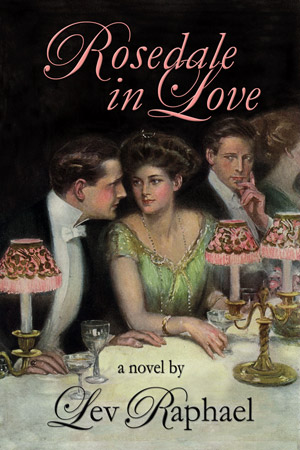

 I’ll start with where I was when I finally got the news from my agent that there was an offer, just because it speaks to how life sometimes pairs the most elevated with the most mundane.
I’ll start with where I was when I finally got the news from my agent that there was an offer, just because it speaks to how life sometimes pairs the most elevated with the most mundane.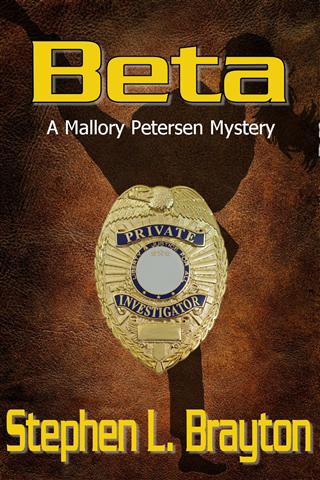



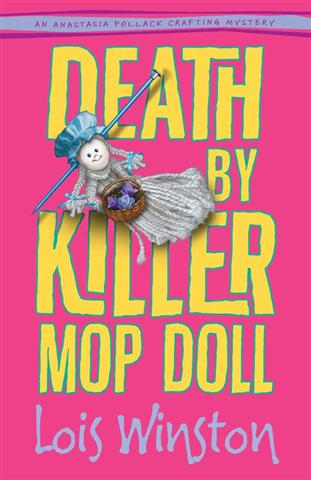



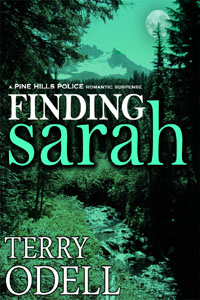

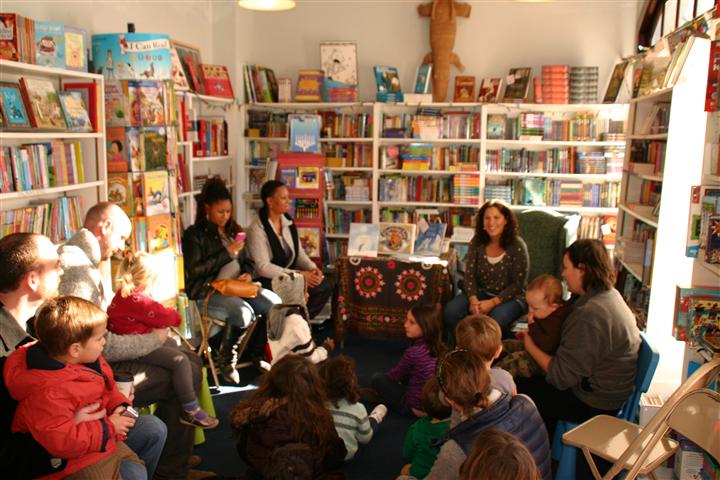 OK, I know it was only the second one. But when I stood at the back of my hometown
OK, I know it was only the second one. But when I stood at the back of my hometown 
 I would like to be able to offer small grants to children, or possibly classes, who cannot experience the joy of a bookstore for financial or logistical reasons. The grants would include a gift card from a participating bookstore, transportation to that store, and lunch out. I think that this kind of Day could make a pivotal difference in a child’s life–something that says, You are special, and here’s a special place to find out more about yourself, and put yourself back into.
I would like to be able to offer small grants to children, or possibly classes, who cannot experience the joy of a bookstore for financial or logistical reasons. The grants would include a gift card from a participating bookstore, transportation to that store, and lunch out. I think that this kind of Day could make a pivotal difference in a child’s life–something that says, You are special, and here’s a special place to find out more about yourself, and put yourself back into. 


